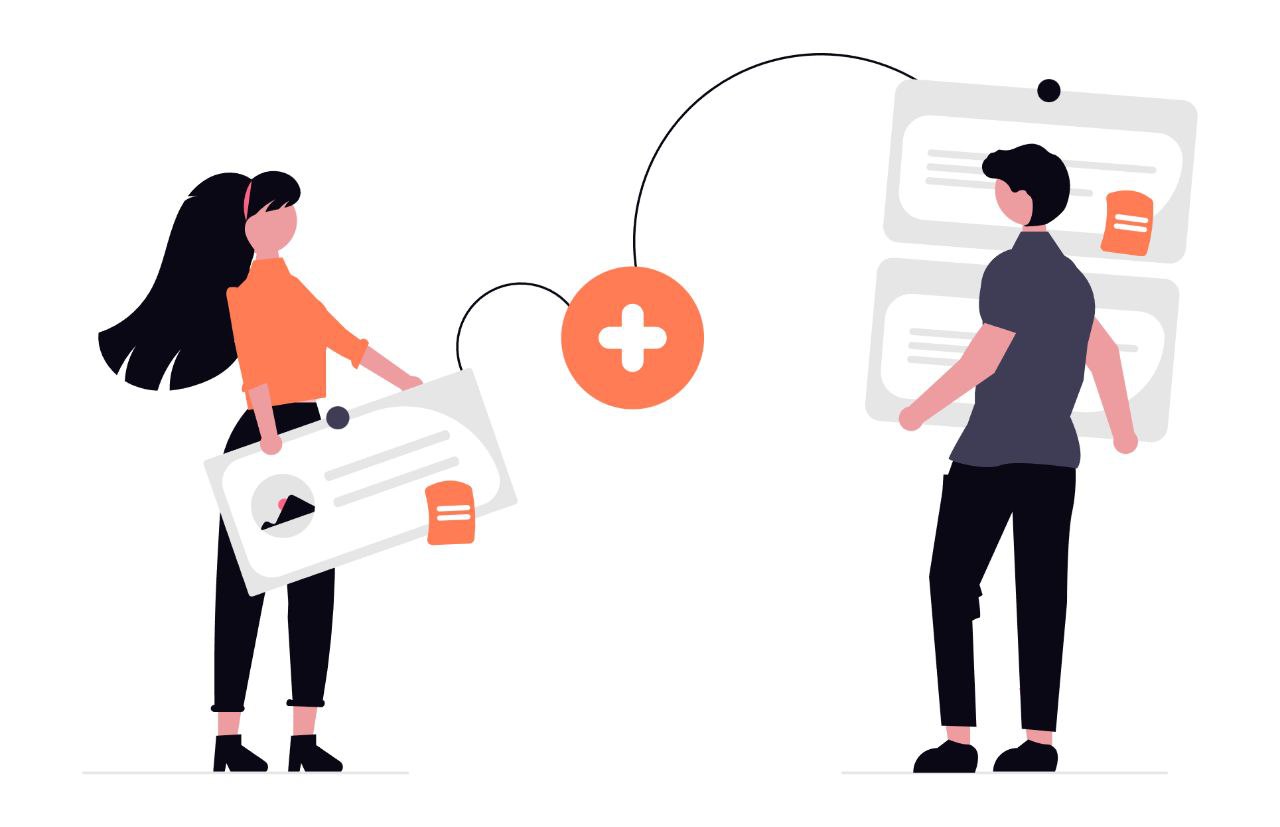Sharpen Your IELTS Listening Skills: Mastering Note-Taking Strategies
The IELTS Listening test can feel overwhelming. You're bombarded with information, needing to understand, remember, and then answer questions accurately – all within a limited time frame. But don't worry! One crucial skill that can significantly improve your performance is effective note-taking. This blog post will equip you with the strategies and techniques to transform your note-taking from a chaotic scribble to a powerful tool for success. We'll explore various methods and provide practical exercises to help you master this essential skill. Remember, we covered some foundational aspects of IELTS Listening in our previous blog, Mastering IELTS Listening: Sharpen Your Skills with Focused Practice, which is a great resource to review before we delve into note-taking.
Understanding the Importance of Effective Note-Taking
Effective note-taking isn't just about writing down every word you hear. It's a strategic process of capturing key information efficiently, allowing you to recall details later. During the IELTS Listening test, your notes serve as a crucial reference point for answering the questions. Good notes can help you:
- Improve comprehension: The act of actively trying to capture key information forces you to engage more deeply with the audio.
- Save time: Instead of relying solely on memory, you can quickly refer to your notes to answer questions.
- Reduce stress: Having organized notes can significantly reduce anxiety and improve your focus during the test.
- Increase accuracy: Well-structured notes help you avoid misunderstandings and make more accurate answers.
Note-Taking Techniques for IELTS Listening
Several effective note-taking techniques can be adapted for the IELTS Listening test. Let's explore some of the most useful ones:
1. Abbreviation and Shorthand:
Develop your own system of abbreviations and shorthand to write quickly. For example:
- Govt: Government
- Univ: University
- info: information
- etc.: et cetera
- w/: with
Practice using these and create your own shortcuts for frequently used words and phrases.
2. Symbols and Icons:
Use symbols and icons to represent key concepts or relationships. For instance:
- +: positive
- -: negative
- →: leads to
- = : equals
- ↑: increase
- ↓: decrease
This visual shorthand can significantly speed up your note-taking process.
3. Keyword Outlining:
Focus on capturing keywords and phrases that represent the main ideas. Organize these keywords in a hierarchical structure, using indentation to show relationships between ideas. This method is particularly useful for lectures and longer audio passages.
4. Mind Mapping:
Mind mapping is a visual note-taking method that uses branches radiating from a central idea. It's excellent for capturing complex relationships and connections between different pieces of information. However, it might be less suitable for quick note-taking during fast-paced sections of the IELTS Listening test.
5. The Cornell Method:
Divide your page into two columns. Use the wider column to take notes during the audio. In the narrower column (on the left), jot down keywords or questions as you listen. After the audio, use the bottom section of the page to summarize the main points. This method helps with review and recall.
Practical Exercises
Practice is key to mastering any skill, and note-taking is no exception. Here are some exercises to help you hone your skills:
- Listen to short audio clips: Find short audio clips (news reports, podcasts, or even YouTube videos) and practice taking notes using different techniques. Focus on capturing the main ideas and key details.
- Record yourself speaking: Record yourself speaking on a specific topic, and then listen back, taking notes as if it were an IELTS Listening section. This helps simulate the test environment.
- Use past IELTS Listening papers: Practice with official IELTS Listening past papers, focusing on developing efficient note-taking methods under timed conditions. Analyze your notes afterward to identify areas for improvement.
- Review and refine: After each practice session, review your notes and analyze what worked well and what could be improved. Refine your techniques based on your experience.
USpeak: Your Note-Taking Partner
USpeak can significantly aid your note-taking practice. While it doesn't directly offer a note-taking feature within the app, the benefits are indirect but powerful. By engaging in regular conversations with native and non-native speakers, you:
- Improve your listening comprehension: The more you listen to different accents and speaking styles, the better you'll become at understanding spoken English, making note-taking easier.
- Expand your vocabulary: Learning new words and phrases directly translates to faster and more efficient note-taking during the IELTS Listening test. Our daily vocabulary challenges can greatly enhance this aspect.
- Gain confidence: Regular practice conversations build confidence, reducing test anxiety and allowing you to focus on effective note-taking.
Download USpeak today and start enhancing your listening skills through real-world conversations! Our real-time matching system connects you with partners worldwide, providing a rich and varied listening experience.
Conclusion: Unlock Your IELTS Listening Potential
Mastering note-taking is a crucial step towards achieving your desired IELTS Listening score. By combining effective techniques with consistent practice, you can significantly improve your comprehension, reduce stress, and boost your confidence. Remember to use the resources and practice opportunities available to you – including USpeak and the valuable information found in our other blog posts, such as Unlocking IELTS Writing Band 9: Mastering Cohesion and Coherence (which highlights the importance of clear communication skills, also necessary for understanding audio materials) and Unlocking IELTS Writing Band 7+: Mastering Argumentative Essays (which emphasizes the importance of understanding complex arguments presented in audio). Start practicing today and unlock your full potential in the IELTS Listening test. Download USpeak and begin your journey to IELTS success!


